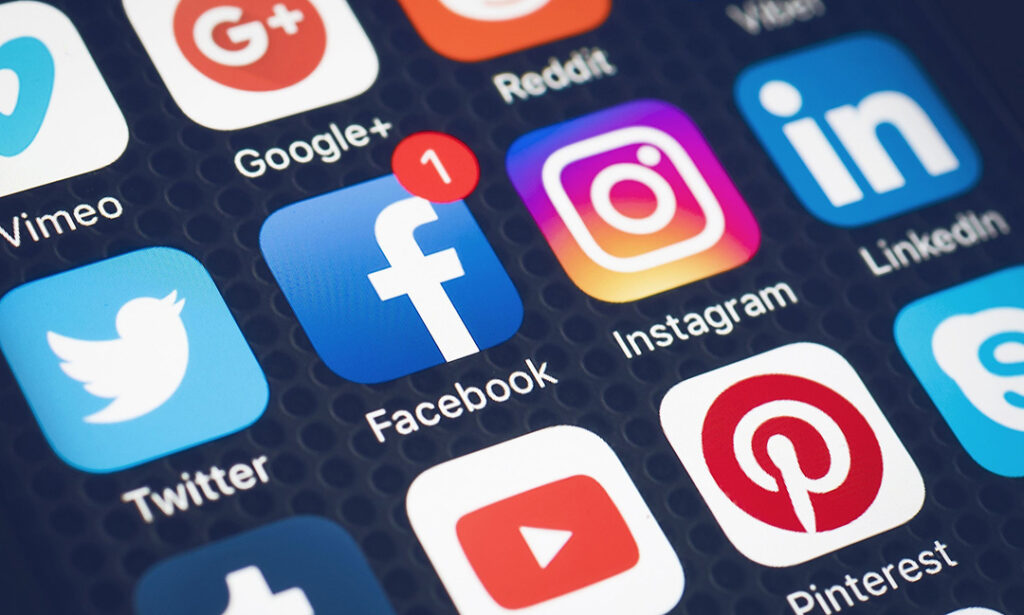THE WATCH STAFF
In March 2020, a Chinese Foreign Ministry spokesperson retweeted a story from a conspiracy site with links to Russian disinformation operations that suggested a link between a U.S. Army research facility and the outbreak of the coronavirus pandemic.
The retweet was quickly debunked, but the Chinese Communist Party (CCP) — through state media and government officials — continued to spread disinformation about Fort Detrick in Maryland, according to an October 5, 2021, study by the Alliance for Securing Democracy. The CCP campaign was so pervasive that the most common Google search for the facility in 2020 was “Fort Detrick coronavirus,” according to the study.
Another campaign suggested that lobsters from the U.S. state of Maine shipped to a market in Wuhan, China, may have been the source of COVID-19. The baseless idea originated in a tweet from a Chinese diplomat, according to a joint investigation by England’s University of Oxford and NBC News.
Such incidents illustrate the weaponization of social media in the information battlespace.
University of Maryland journalism Professor Sarah Oates, in a paper written for the National Center for Biotechnology Information, argues that the very design of platforms such as Facebook and Twitter, along with a lack of regulation, “fosters information warfare.”
“Over the last five years … Moscow, Beijing, and Tehran are increasingly using social media to shape narratives and sow disinformation,” the U.S. Defense Intelligence Agency said in an April 29, 2021, threat-assessment fact sheet.
Russia has used such tactics over the past two decades, targeting alliances such as the European Union and NATO, and in interfering in the domestic politics of countries that include the U.S., England, France and Ukraine.
“Moscow has rewritten the propaganda rule book and set new standards in the dark art of digital disinformation,” said an October 19, 2021, story from the Atlantic Council.
In the case of Beijing, recent disinformation campaigns have targeted topics ranging from Taiwan’s elections to China’s Uyghur ethnic minority to U.S. Navy exercises in support of a Free and Open Indo–Pacific.
While disinformation campaigns may have a long history, the rise of social media has allowed “malicious actors … to weaponize information and develop increasingly sophisticated tools for personalizing, targeting, and scaling up the content,” according to a 2019 Senate Select Committee on Intelligence report.
As part of personalizing such efforts, the CCP has employed foreign social-media influencers to counter criticism, according to an August 21, 2021, story in Indo-Pacific Defense FORUM magazine. The BBC reported that state-owned China Global Television Network recruits “internet celebrities” to engage in a “fightback” against Western media.
Such tactics are becomingly increasingly common, according to an August 5, 2020, special report from the Global Engagement Center of the U.S. Department of State (DOS). The report, which focused on Russia, identified the “cultivation of proxy sources” and “weaponized social media” as among the “pillars” of new disinformation strategies.
For instance, in March 2021, the DOS said it had identified three online publications directed by Russia’s intelligence services that were seeking to undermine COVID-19 vaccines produced by Pfizer and Moderna, as well as “any divisive issue that they can exploit.”
Indeed, as Chinese and Russian disinformation during the pandemic has shown, those nations aren’t likely to be reluctant to mount future campaigns in the event of crisis or conflict.
That concerns military leaders such as U.S. Air Force Gen. Glen D. VanHerck, commander of U.S. Northern Command. In a September 21, 2021, report by Department of Defense News, VanHerck said the U.S. must be more aggressive in countering information and propaganda campaigns waged by adversaries.
As technology expert and journalist Nina Schick said on the September 15, 2020, episode of “The Bunker Daily” podcast: “Disinformation is the key battleground of the 21st century.”
IMAGE CREDIT: PATRICK BUFFETT/U.S. ARMY GARRISON FORT LEE

